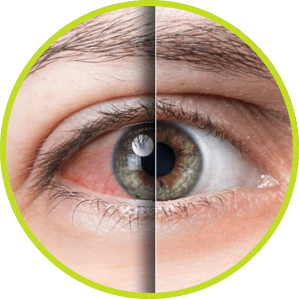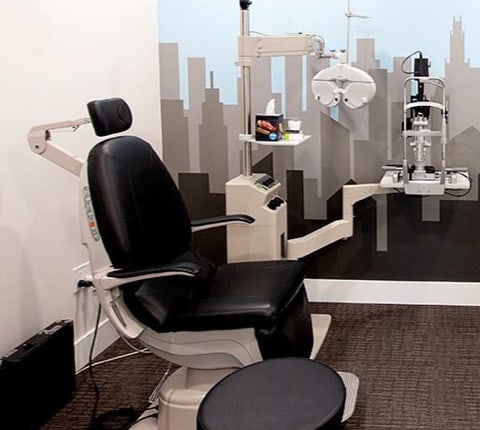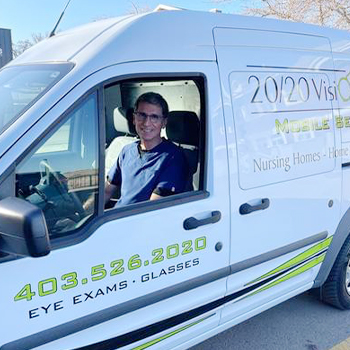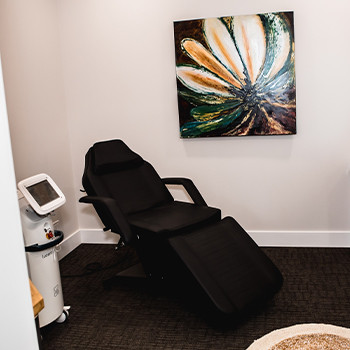At 20/20 Vision Care, we provide important information about contact lens maintenance and usage for our customers. We hope you find the following answers informative and suitable to your queries.
Avoiding Contact Lens Problems
Dr. Clark Hyde
How To Avoid Contact Lens Related Eye Problems?
Infections and eye problems that stem from contact lens wear are quite common. If you have ever experienced an infection or problem because of contact lens wear, you will know that it is not pleasant, to say the least. Often, patients need to use medicated eye drops and stay out of contacts for two weeks or more.
How can you avoid infections and eye problems with contacts? The single most contributing factor to these problems is sleeping in your lenses. In fact, studies show that if you sleep in your contact lenses, you are four times more likely to get an eye infection than your friends who don’t!
Another important finding to these studies is that even if your contacts are APPROVED for 2overnight wear, you are STILL four times more likely to get an infection.
Of course, sleeping in contact lenses is allowed, and sometimes your optometrist will tell you that it’s OK to do so. Keeping this in mind, at your next eye appointment, when they ask, “How often do you sleep in your contacts?” don’t be ashamed to tell the truth if you do sleep in your lenses. Your optometrist wants to know your risk of potential problems that may arise down the road.
Besides Not Sleeping In Lenses, How Else Can We Avoid Infections/Problems?
Here are some very important pieces of advice that could save you from potential problems.
- If it hurts to wear your contacts, TAKE THEM OUT.
- Always make sure you have a pair of glasses to use in case your contacts start giving you problems.
- Don’t extend the life of your lenses (throw them out when you are supposed to).
- Follow your optometrist’s recommendations for how to clean and care for the lenses.
These pieces of advice are key. I can’t tell you how many times in my career that a person comes in with a contact lens-related problem or infection because one or more of these points were not followed.
Unfortunately, there are still times when people follow all these rules, and they still get infections. These instances are rare, but they still happen.
If you have had a problem before, ask your optometrist about different contact lenses that would be safer for your eyes. If you wear daily disposable lenses (ones that last 1 day and you throw out at the end of the day), you are at a much lower risk for complications.
How Do I Know If I Have A Problem/Infection?
If you have a problem or infection, you’ll know about it. Common symptoms are pain, sensitivity to light and redness. Even if you suspect a problem but are not certain, it is better to get it checked than to leave it.
What To Do If A Contact Lens Related Eye Problem Arises?
If a problem arises, see your optometrist as soon as possible. These types of visits are medically necessary and are covered by Alberta Health.
If you have any concerns or questions about contact lenses and your eyes, we are here to help.




